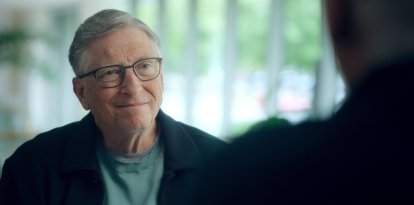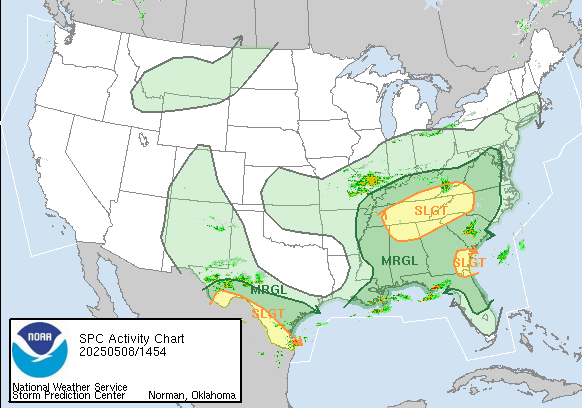Heat wave puts thousands of people without power after deadly storm in Houston at risk
The electricity company reported that it is working to restore service, but warned that it could take several days or more.

(Youtube-KHOU 11)
This week, Houston was hit by thunderstorms and hurricane-force winds that killed at least seven people and caused significant damage to the city. As residents try to overcome the aftermath of the disaster, they must now face a new weather warning for high temperatures, which poses an additional health risk.
The devastating storms left nearly a million homes and businesses without power at a time when the region faces temperatures hovering around 90 degrees Fahrenheit (32.2 °C) and with heat indices that could even reach 100 degrees (38 °C). Marc Chenard, meteorologist at the National Weather Service, explained that the sensation of heat will increase over the next few days since the combination of high humidity and high temperatures creates a heat index that aggravates the thermal sensation for the human body.
"We expect the impact of the heat to gradually increase ... we will start to see that heat risk increase Tuesday into Wednesday through Friday," he said.
Assistance for the vulnerable community
The Houston Health Department has already announced the distribution of 400 free portable air conditioners to seniors, people with disabilities and caregivers of disabled children to help them cope with the heat. Five cooling centers have also opened: four in Houston and one in Kingwood. However, as of midday Saturday, more than half a million homes and businesses in Texas were still without power.
CenterPoint Energy, the electric and natural gas company, said it is working to restore service but warned it could take several days or longer in some areas.
According to reports, damage to high-voltage transmission towers and downed power lines represents a significant challenge for utility companies because the damage affects both transmission and distribution systems.
Recommendations to avoid overheating
While power is restored, medical and emergency response experts recommended several measures to avoid overheating: staying in shady areas, avoiding sun exposure during the hottest hours, and making sure you stay well hydrated. They also suggest wetting clothing with water to help cool the body and prevent sweat.
RECOMMENDATION





















